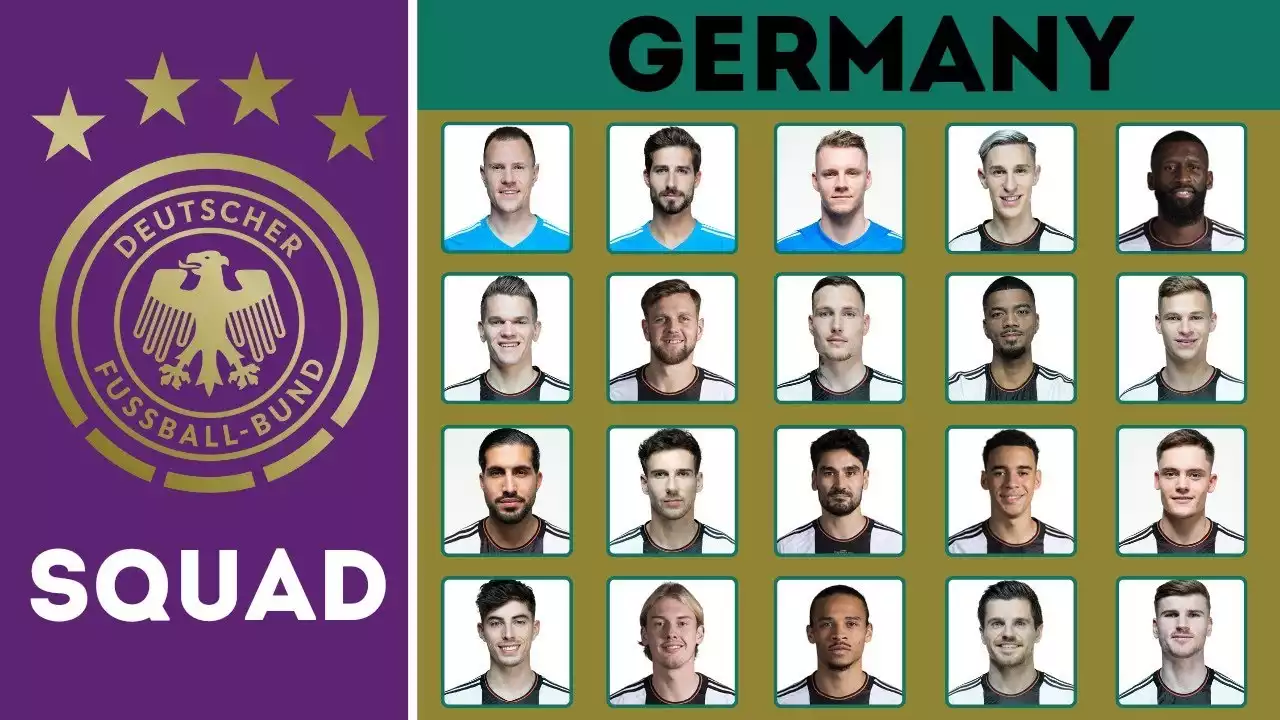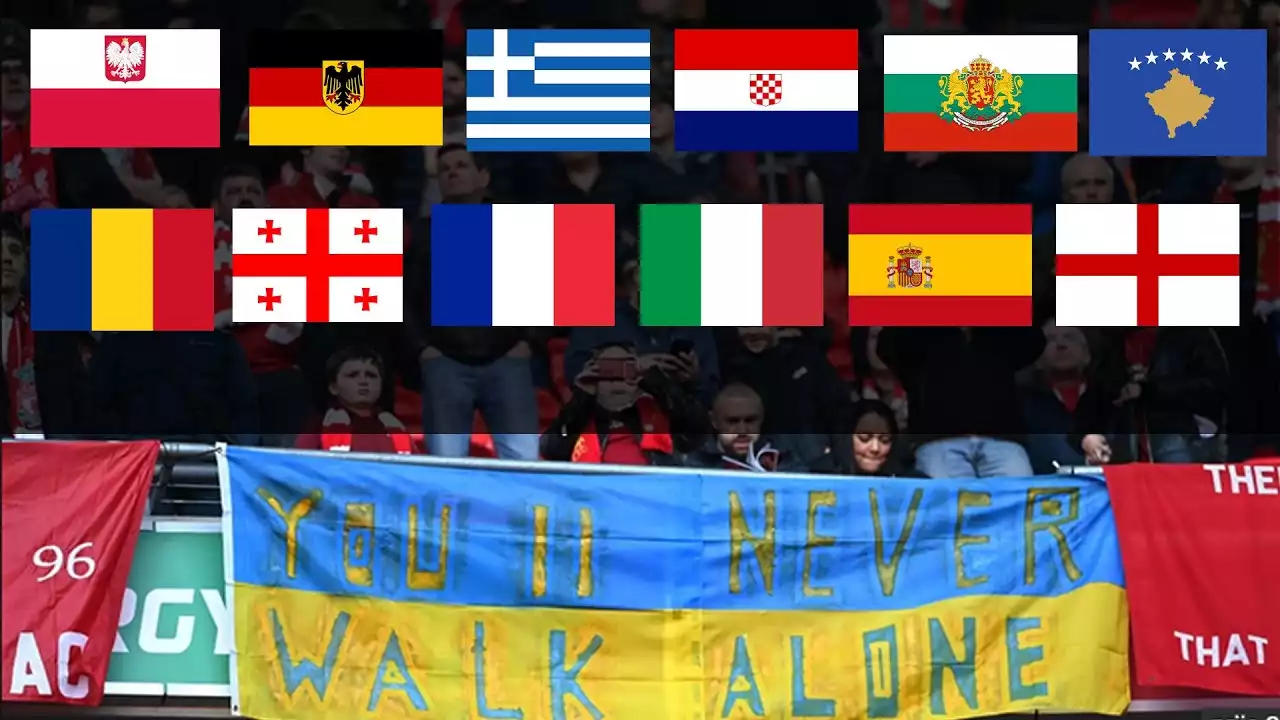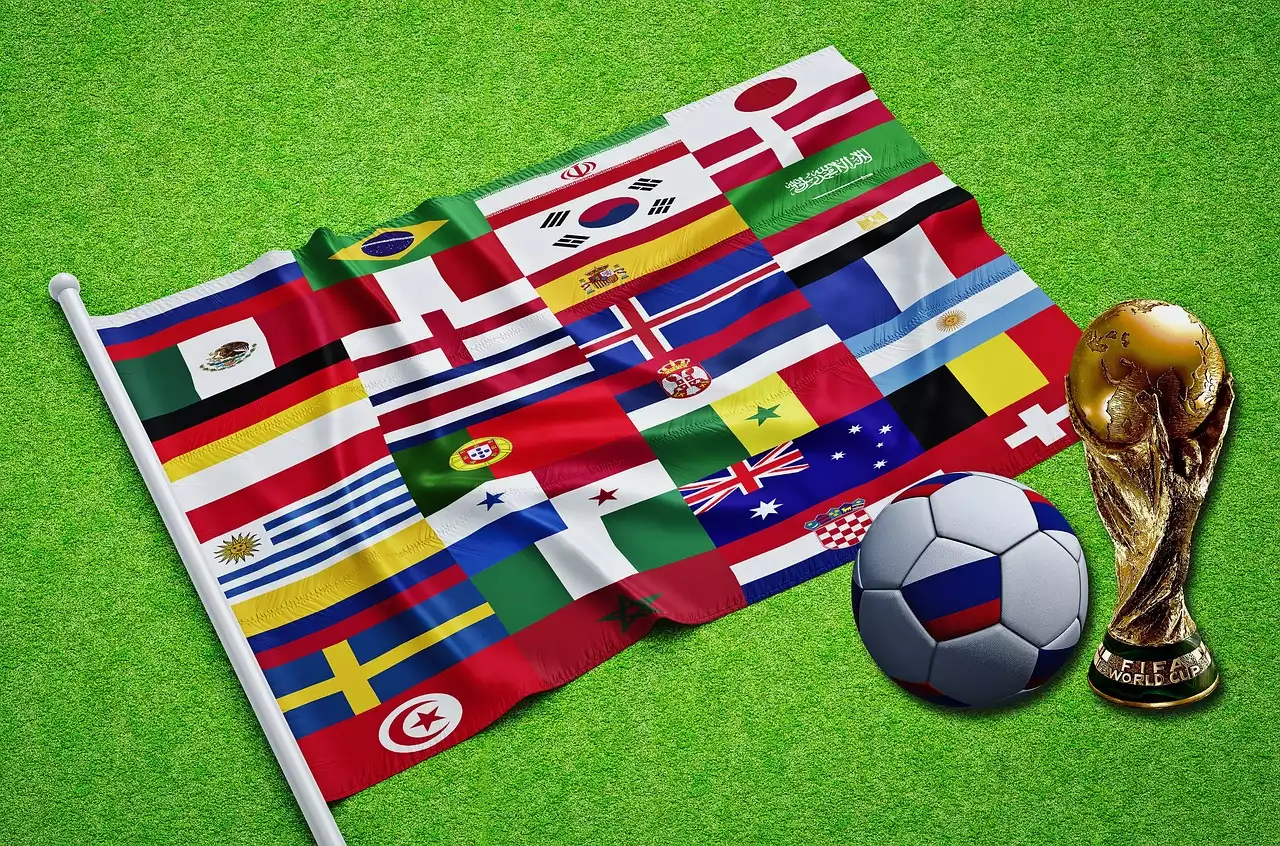Importance of the UEFA Nations League
The UEFA Nations League, introduced in 2018, revolutionized international football by providing a competitive platform for national teams to face off against each other. Prior to its inception, international friendlies often lacked intensity, and fans were left wanting more. The UEFA Nations League sought to address this issue by introducing a structured competition that offers a chance for teams to compete at their level.
This tournament serves multiple purposes. First, it provides a platform for teams to gain valuable match experience against opponents of similar abilities. This allows them to fine-tune their tactics, test their players, and build team chemistry. Additionally, the UEFA Nations League offers a pathway to qualify for major international tournaments such as the UEFA European Championship. This adds an extra layer of excitement and competitiveness to the tournament.
The UEFA Nations League has quickly gained popularity among fans, players, and coaches alike. It has breathed new life into international football, creating an environment where every match is meaningful and teams are motivated to perform at their best. With the format of the competition in place, let's take a closer look at how it works.
How the UEFA Nations League works
The UEFA Nations League consists of four leagues, labeled A, B, C, and D, with each league further divided into groups. The league a team competes in is determined by their UEFA national team coefficient ranking. The top-ranked teams are placed in League A, while the lowest-ranked teams compete in League D.
Within each league, teams are divided into groups of three or four teams. They play home and away matches against each other, with the group winners earning promotion to a higher league while the bottom-placed teams face relegation. This ensures that teams are constantly challenged and have opportunities to progress.
The group stage matches take place over a period of several months, with the final matches determining the winners of each league. The winners of the four League A groups then advance to the UEFA Nations League Finals, where they compete for the title of UEFA Nations League champion.
The structure of the UEFA Nations League ensures that teams face opponents of similar abilities, leading to more competitive matches and increased excitement for fans. Now that we understand how the tournament operates, let's uncover the countries that have made the most appearances in the UEFA Nations League.
Top countries with the most appearances in the UEFA Nations League
These countries have consistently performed at a high level in the UEFA Nations League, making multiple appearances and leaving their mark on the tournament. Let's analyze the performance of each country in more detail.
Germany
Germany, one of the most successful national teams in the history of football, has made frequent appearances in the UEFA Nations League. With their strong squad depth and tactical prowess, Germany has consistently performed well in the competition. Their ability to adapt to different opponents and find ways to win matches has been a key factor in their success.
Portugal
Led by superstar Cristiano Ronaldo, Portugal has emerged as a force to be reckoned with in recent years. Their appearances in the UEFA Nations League have showcased their technical ability, teamwork, and determination. Portugal's success in the tournament can be attributed to their strong defensive organization, clinical finishing, and ability to perform under pressure.
Netherlands
The Netherlands, known for their attacking style of play, has made a strong impact in the UEFA Nations League. With a rich footballing history and a pool of talented players, the Netherlands has consistently entertained fans with their attacking prowess and flair. Their ability to control possession, create scoring opportunities, and convert them into goals has made them a formidable opponent in the tournament.
England
England, the birthplace of football, has a long and storied history in the game. Their appearances in the UEFA Nations League have demonstrated their tactical flexibility and ability to adapt to different styles of play. England's success in the tournament can be attributed to their strong defense, creative midfielders, and clinical strikers.
Switzerland
Switzerland may not be traditionally seen as a football powerhouse, but they have made a name for themselves in the UEFA Nations League. Their appearances in the tournament have showcased their disciplined defending, organized midfield, and clinical finishing. Switzerland's ability to compete against higher-ranked teams and secure positive results has been impressive.
Factors contributing to the success of these countries
The success of these countries in the UEFA Nations League can be attributed to various factors. Firstly, their strong domestic leagues provide a solid foundation for player development. These leagues attract top talent from around the world, ensuring that players are constantly challenged and improving their skills.
Additionally, these countries have invested in youth development programs, focusing on nurturing young talent and providing them with the necessary resources to succeed. This emphasis on youth development has led to a steady stream of talented players who can make an impact on the international stage.
Furthermore, the tactical acumen of these countries' coaches cannot be overlooked. The ability to analyze opponents, devise effective game plans, and make crucial tactical adjustments during matches has played a significant role in their success. These coaches understand the strengths and weaknesses of their teams and develop strategies to maximize their potential.
Comparing the performance of traditional powerhouse countries to emerging nations
While traditional football powerhouses such as Germany and England have consistently performed well in the UEFA Nations League, emerging nations have also made their mark in the competition. Countries like Switzerland and the Netherlands have shown that they can compete with and defeat higher-ranked opponents.
The emergence of these nations highlights the increasing competitiveness in European football. It demonstrates that talent and determination can outweigh historical success and reputation. As the UEFA Nations League continues to evolve, we can expect more surprises and upsets from both established and emerging nations.
Impact of the UEFA Nations League on national team rankings
The UEFA Nations League has had a significant impact on national team rankings. The tournament provides teams with the opportunity to earn valuable ranking points, which can be crucial for seeding in future international competitions. The competitive nature of the UEFA Nations League ensures that every match is important and can have a direct impact on a team's ranking.
Additionally, the UEFA Nations League has contributed to a more balanced and accurate ranking system. It allows teams of similar abilities to compete against each other, providing a fairer assessment of their true strength. This has helped to reduce the influence of outdated ranking systems and provides a more accurate reflection of a team's performance.
Controversies and criticisms surrounding the UEFA Nations League
Despite its success, the UEFA Nations League has not been without controversies and criticisms. One of the main criticisms is the congested fixture schedule, which can place a heavy burden on players and lead to fatigue and injuries. Some argue that the tournament's format should be revised to reduce the number of matches and provide more rest periods for players.
Another criticism is the potential impact on international friendlies. With the introduction of the UEFA Nations League, the relevance of friendly matches has diminished, as teams now have more competitive fixtures against opponents of similar abilities. This has led to a decline in the number of international friendlies and raised concerns about their future.
Lastly, there have been debates about the promotion and relegation system within the UEFA Nations League. Some argue that it can be unfair, as teams from lower-ranked leagues may have limited opportunities to progress and compete against higher-ranked teams. This has prompted discussions about potential changes to the promotion and relegation system to ensure greater fairness and competitiveness.










